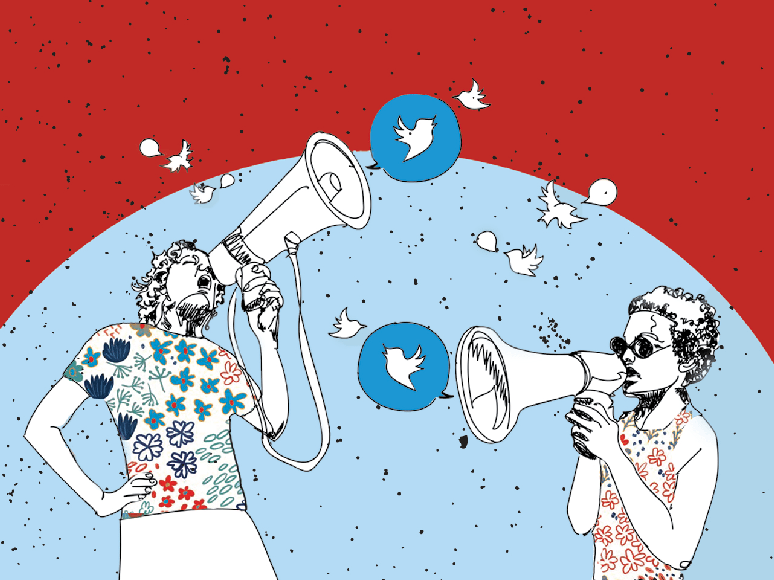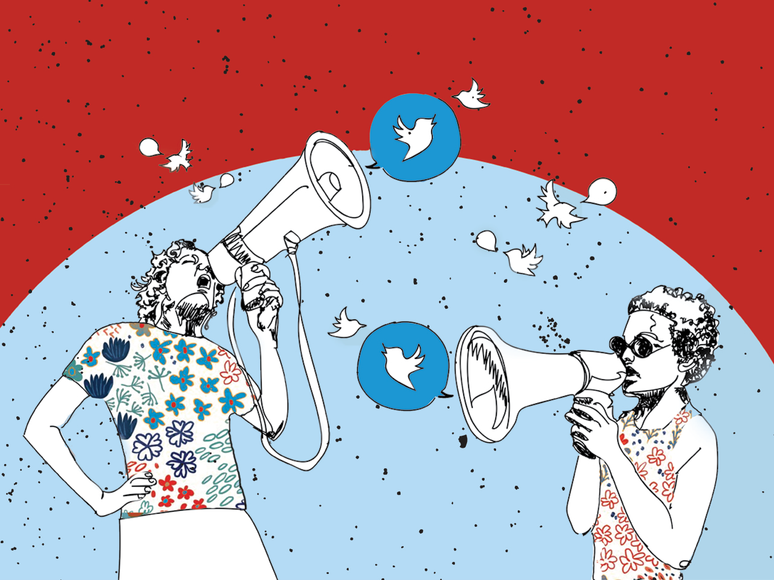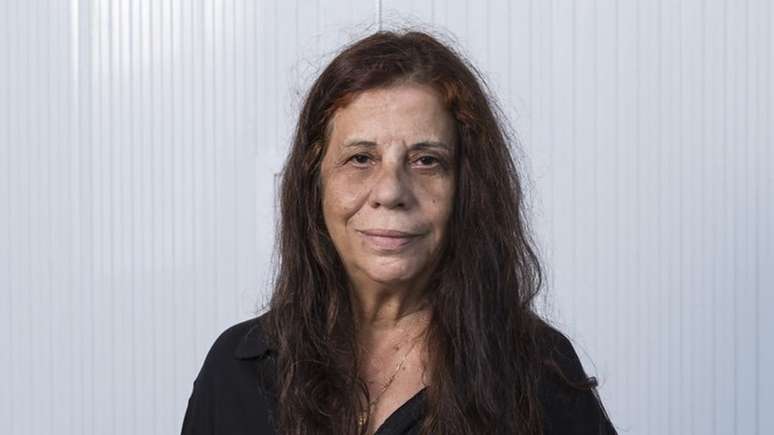According to the organizations, it is researchers, NGOs and journalists who translate the raw data obtained from the Twitter API into critical perspectives.
Organizations and research institutes in the field of digital rights published a letter on Monday (February 6, 2023) asking Twitter to ensure that the API remains accessible to academics, journalists and members of civil society.
The letter comes a week after Elon Musk announced Twitter plans to turn API access into a paid feature.
“This dramatic restriction will disrupt the critical projects of thousands of journalists, academics and civil society actors from around the world who study some of the most important issues affecting our societies today,” wrote the 33 institutions that signed the letter.
Musk will kill a bunch of good bots on Twitter
The fact that Twitter has an open and free public API has always been one of the things that set this social network apart.


Sunday (February 5), Musk, in answer to the profile of the cat Pépito, a robot who posts whenever Pépito enters and leaves the house, he said there will be an exception to the charge.
CONTEXT. According to the organizations, it is researchers, NGOs and journalists who translate the raw data obtained from the Twitter API into critical perspectives that inform the public, politicians and the company itself. Musk’s decision should primarily affect organizations that have few resources to develop this important work.
The letter also urges politicians and policy makers to “show leadership and demand reliable access to public utility data” and take action to protect this critical infrastructure.
On Friday (February 3, 2022), Secom’s Digital Policy Secretary, João Brant, he said that the government reportedly spoke to Twitter seeking more information about the end of free access to the company’s API.
See the letter signatories here:
- Citizens and Technologies Laboratory
- Knight First Amendment Institute of Columbia University
- University of Washington Center for an Informed Public
- NYU Cybersecurity for Democracy
- Human Cooperation Laboratory at MIT
- Social Computing Lab/TwitterTrails, Wellesley College
- Dangerous speech project
- Larhud – Digital Humanities Network Laboratory – PPGCI/UFRJ
- Woodhull Freedom Foundation
- Media monitoring in Africa
- Knowledge Media Institute
- MINDS, Kozminsky University
- Aspiration
- Textifter, LLC
- Data Cooperative on Media and Democracy
- Institute for Strategic Dialogue (ISD)
- ARTICLE 19
- Center for social media and politics
- Computational Tools for Critical Humanities Research, Bowling Green State University
- Defend democracy
- Center for Democracy and TechnologyCentre for Digital Policy, University College Dublin
- Data and Society Research Institute
- Digital Public Infrastructure Initiative
- Open MIC (Open Media and Information Companies initiative)
- National Conference on Citizenship
- Algorithmic Transparency Institute
- Algorithmic Fairness and Opacity Working Group at UC Berkeley
- Social Media Research Foundation
- Social Media Observatory at Indiana University
- The Association of Internet Researchers (AoIR)
- Institute for Data, Democracy and Policy at George Washington University
- Internet Studies, Curtin University
Read the letter translated in full here:
Last week, the Twitter development team announced that the platform will no longer allow access to the Twitter API starting Thursday, February 9th. This dramatic restriction will disrupt the critical projects of thousands of journalists, academics and civil society actors around the world who study some of the most important issues affecting our societies today.
The Twitter API enables a global network of public interest research, including wildfire and hurricane crisis response, homeland security, public health, fraud, bias, economic analysis, child safety, mental health, online violence, non-profit authentic, including spam and bots and much more.
Twitter’s new CEO Elon Musk has vowed to make the platform more transparent and reduce the prevalence of spam and manipulative accounts. We praise and support these priorities. In fact, the independent research community has developed many of the cutting edge techniques used to manage bots. API access has proven to be a key feature for this job. Twitter’s new barriers to data access will reduce the very transparency both the platform and the company desperately need.
Journalists, NGOs and academic researchers translate raw data from the Twitter API into critical insights that inform the public, policy makers and the company itself. This work takes place in multiple spaces around the world, from major universities and newsrooms to small community organizations. Twitter’s sudden imposition of tariffs will disproportionately impact under-resourced programs.
Access to data is a key element of transparency and accountability.
We urge Twitter to ensure that APIs for studying public content on the platform remain easily accessible to journalists, academics and civil society.
We are calling on policy makers to show leadership and demand trusted access to public use data for all to protect this vital infrastructure.
Twitter’s actions threaten to turn off the lights on essential research, innovation and collective knowledge. That’s why we’re coming together to protect the public goods that depend on access to Twitter data.
Text Lais Martins
Edition Giuliana Granjeia
Source: Terra
Rose James is a Gossipify movie and series reviewer known for her in-depth analysis and unique perspective on the latest releases. With a background in film studies, she provides engaging and informative reviews, and keeps readers up to date with industry trends and emerging talents.




![It All Begins Here: What’s in store for Thursday 16 October 2025 Episode 1286 [SPOILERS] It All Begins Here: What’s in store for Thursday 16 October 2025 Episode 1286 [SPOILERS]](https://fr.web.img3.acsta.net/img/7d/99/7d99acbb3327f48a72b40f684092775e.jpg)



